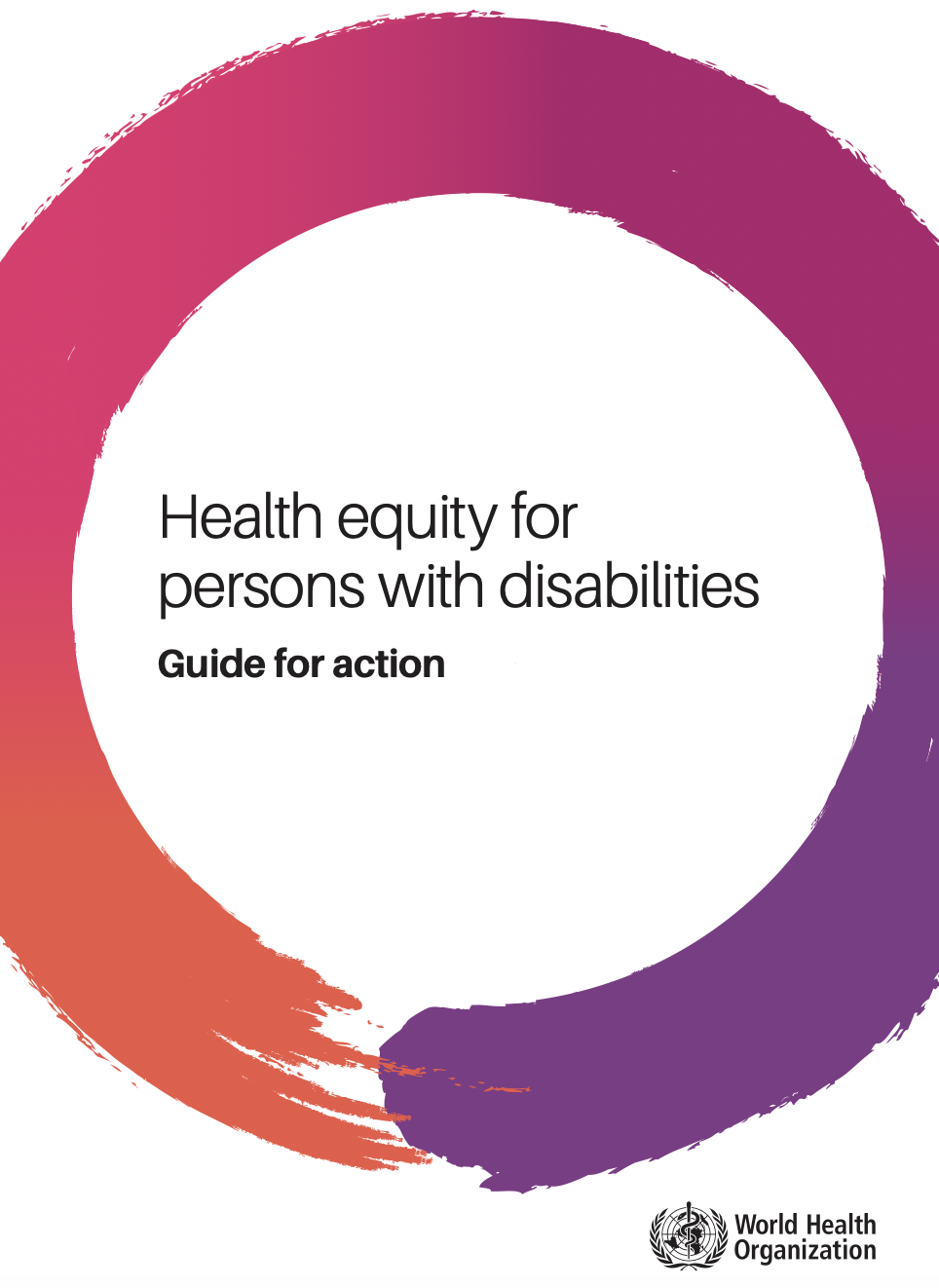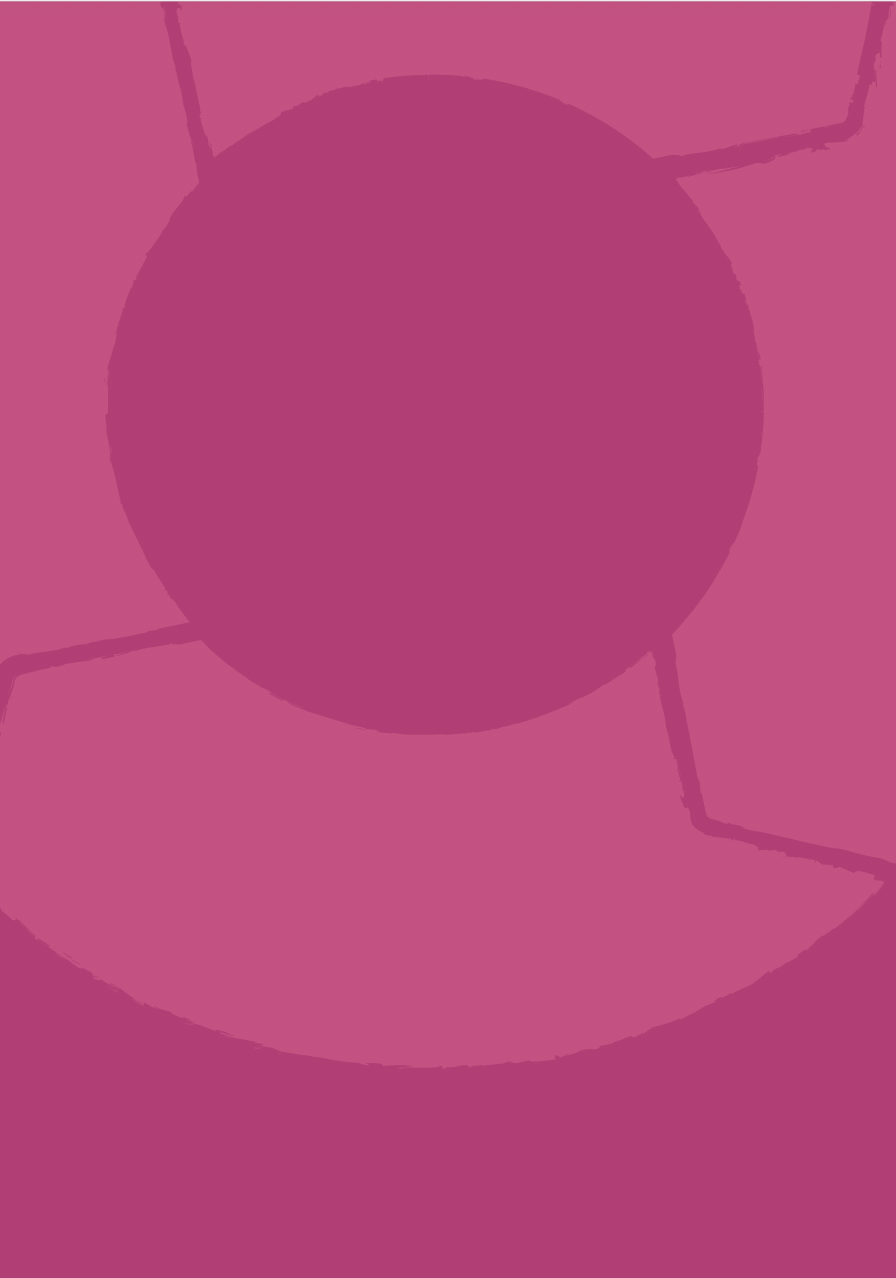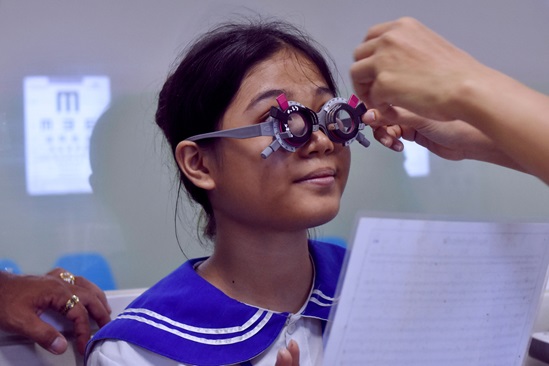
International Day of Persons with Disabilities 2024
A girl who has bipolar disorder and a developmental disability is enjoying sports activities, as part of the access to a holistic health program organized by the NGO Kampuchea Sela Handicap.
On 3 December 2024, WHO joins partners around the world to commemorate the International Day of Persons with Disabilities. This year, the theme is “Amplifying the leadership of persons with disabilities for an inclusive and sustainable future”.
Persons with disabilities make up 16% of the global population, yet they rarely access leadership roles in the health sector. They commonly face numerous barriers which prevent them from accessing these roles, such as discrimination, stigma, or exclusion from education and employment opportunities. WHO recognizes that amplifying the leadership of persons with disabilities is essential to make meaningful progress in achieving global health goals, advancing health equity for all, and building a more inclusive and sustainable future.
What is WHO doing to amplify the leadership of persons with disabilities in the health sector?
Including persons with disabilities in decision-making processes in the health sector is a fundamental step to drive change towards a more inclusive and sustainable future. To support governments and health sector partners to advance health equity, WHO published a new health system strategic planning tool which facilitates the meaningful engagement of persons with disabilities in line with human rights-based approaches.







